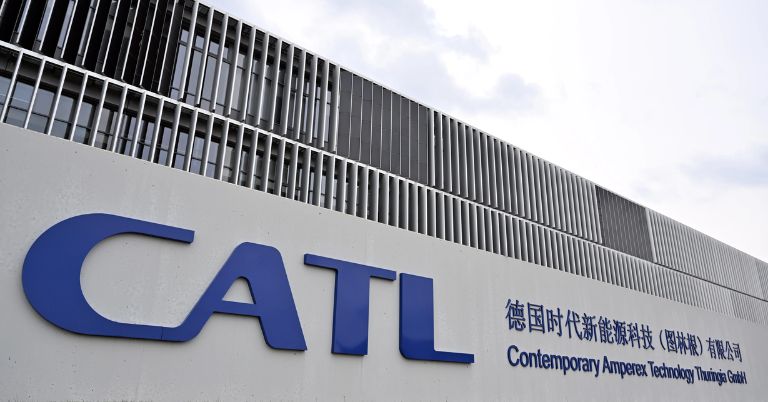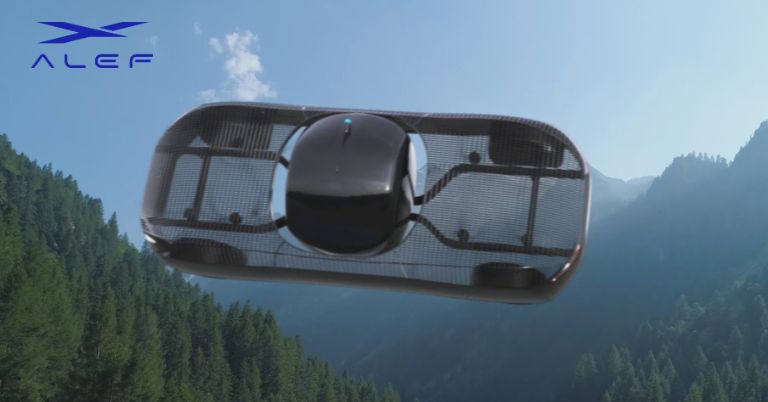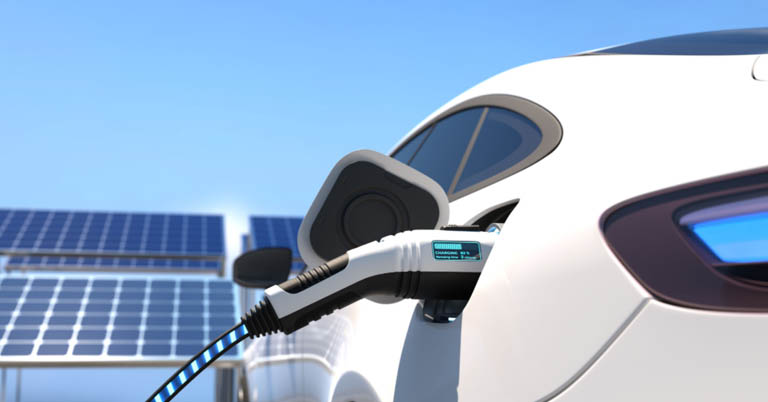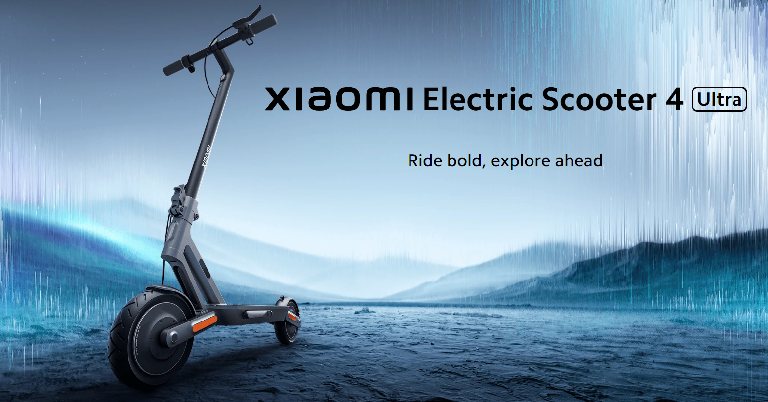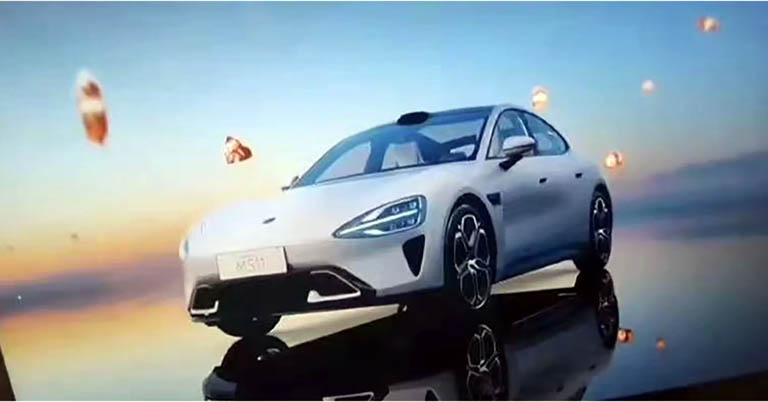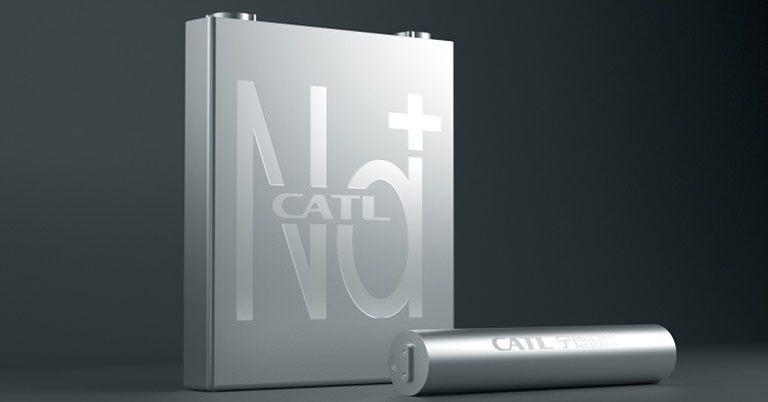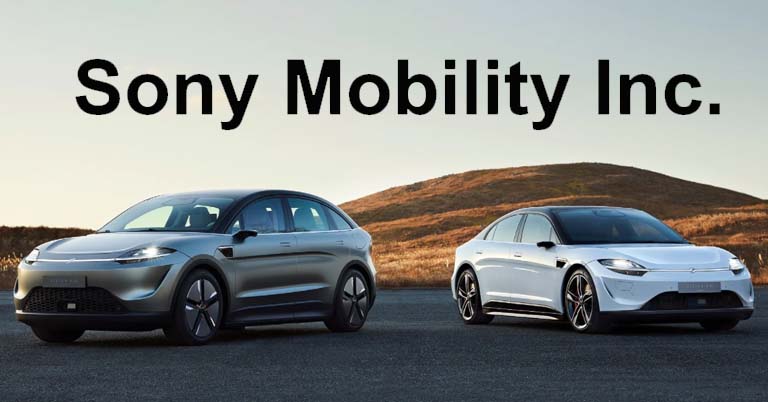Xiaomi introduces “Xiaomi Life” brand with SU7 electric car!
Xiaomi has taken a bold step into the automotive industry with its latest creation, the SU7 electric car. Alongside this impressive vehicle, Xiaomi has...
CATL unveils world’s first 4C superfast charging LFP battery for EVs
The Chinese battery manufacturer CATL, Contemporary Amperex Technology Co. Ltd, secured a leading position in the global EV battery market for Q1 2023 with...
Alef Model A becomes the first flying car to be certified by FAA
A California-based company, Alef Aeronautics, has received approval from the Federal Aviation Administration (FAA) for its Model A flying car. Like Doc Brown's retrofitted...
Government of Nepal raises taxes on import of entry-level Electric Vehicles
The Government of Nepal (GoN) has just unveiled the budget for the fiscal year 2080/81 and there are a few interesting points regarding the...
Xiaomi’s new electric scooter offers 70km mileage on full charge
Xiaomi has unveiled its latest electric scooter, the Xiaomi Electric Scooter 4 Ultra, at MWC, 2023. The newest scooter from the company bears some...
Xiaomi’s first Electric Vehicle leaks in real-life images
It is no secret that Xiaomi is currently working on a couple of electric vehicles. One of them, MS11— codenamed Modena, has even been...
Matter launches India’s first geared electric bike with liquid-cooled battery pack
Matter, a 2019 tech startup from India, has launched the country's first geared electric bike. It will be available in several variants, with a...
Sodium-ion batteries could be the next breakthrough for EVs
Lithium-ion batteries have emerged as the industry standard for all electronic devices, including electric vehicles (EVs). They have been in dominance for a long...
Yatri closes pre-booking for the first series Project One electric bike
Last year, Yatri Motorcycles created quite a buzz when it officially unveiled Project Zero (P0) and Project One (P1). The company has just announced...
CES 2022: Sony unveils Vision-S 02 concept SUV and its plans to enter the...
Back in 2020, Sony surprised everyone by unveiling the Vision-S, its first electric vehicle (EV) prototype. Fast forward to today, the Vision-S is already...





